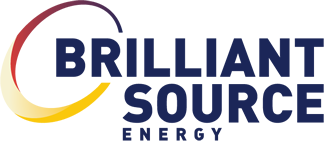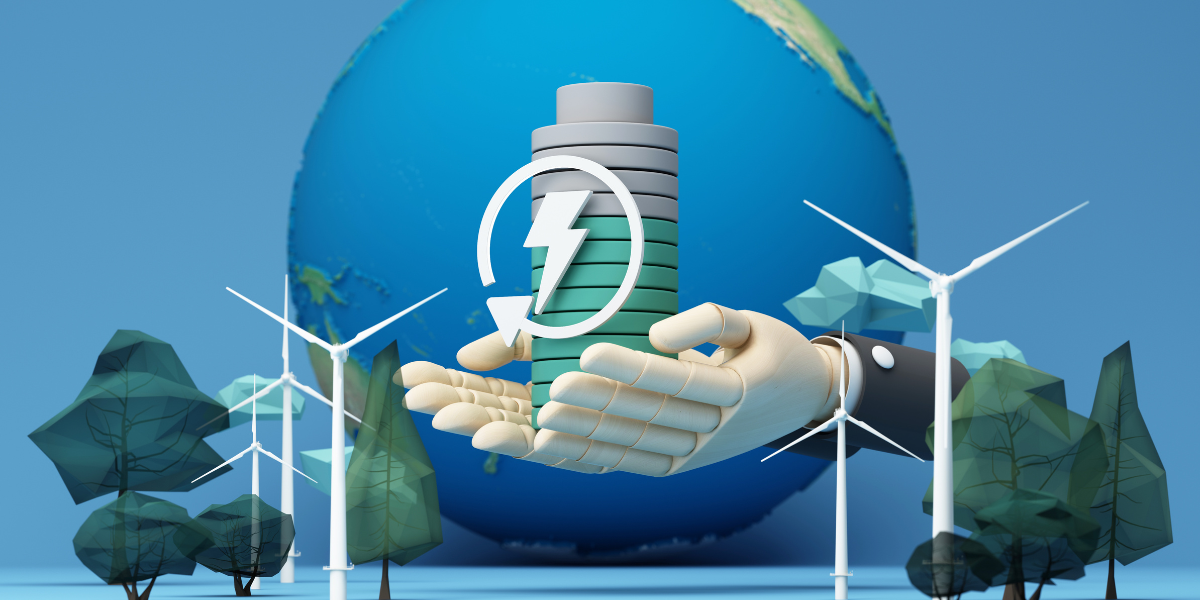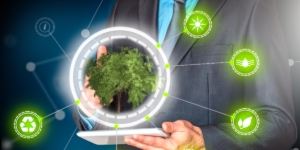When it comes to achieving carbon neutrality, businesses have several options for offsetting their emissions. Two of the most popular choices are Emission-Free Energy Certificates (EFECs) and Renewable Energy Certificates (RECs). While both options support clean energy generation, they differ in cost, reliability, and the sources of energy they support. Understanding the distinctions can help you make the right choice for your company’s sustainability strategy.
What Are EFECs and RECs?
- EFECs: Represent a specific amount of energy generated by emission-free power sources, such as nuclear plants. They are designed to offset carbon emissions and are accessible to companies regardless of their current energy provider.
- RECs: Represent energy produced from renewable sources like wind or solar. While also carbon-free, RECs are dependent on variable conditions, such as weather, which can affect their reliability.
Both EFECs and RECs are fully auditable through systems like GATS, providing transparency and accountability for businesses seeking to report on their carbon offset efforts.
Key Differences Between EFECs and RECs
To help determine which certificate best fits your company’s needs, let’s explore some of the core differences between EFECs and RECs:
- Reliability:
- EFECs are backed by consistent, emission-free energy sources like nuclear power, providing a reliable 24/7 energy supply.
- RECs depend on weather-related renewables like wind and solar, which can lead to periods of low energy output.
- Affordability:
- EFECs are often more cost-effective, as they don’t rely on the high setup and maintenance costs associated with some green technologies.
- RECs can be pricier due to the infrastructure needed for renewable energy production.
- Energy Source:
- EFECs support nuclear and other clean power sources, which deliver steady, reliable energy without carbon emissions.
- RECs support renewable sources, which, while clean, vary in availability depending on weather conditions.
Which Carbon Offset Solution Is Right for Your Business?
For companies that prioritize reliability and affordability, EFECs offer a strong advantage. They allow businesses to achieve carbon neutrality in a cost-effective way while supporting continuous, emission-free power. However, for businesses looking to directly support renewable energy sources, RECs may still play a complementary role in an overall sustainability plan.
Conclusion
Both EFECs and RECs contribute to a cleaner future, but EFECs provide unique benefits that can make them an ideal solution for companies focused on achieving carbon neutrality with a reliable, affordable approach. By choosing EFECs, your business can offset its carbon footprint without sacrificing budget or power consistency.
Want to learn more about how EFECs can align with your sustainability goals? [Explore our EFEC options here](Landing Page Link) and start your path to a carbon-neutral future today!





